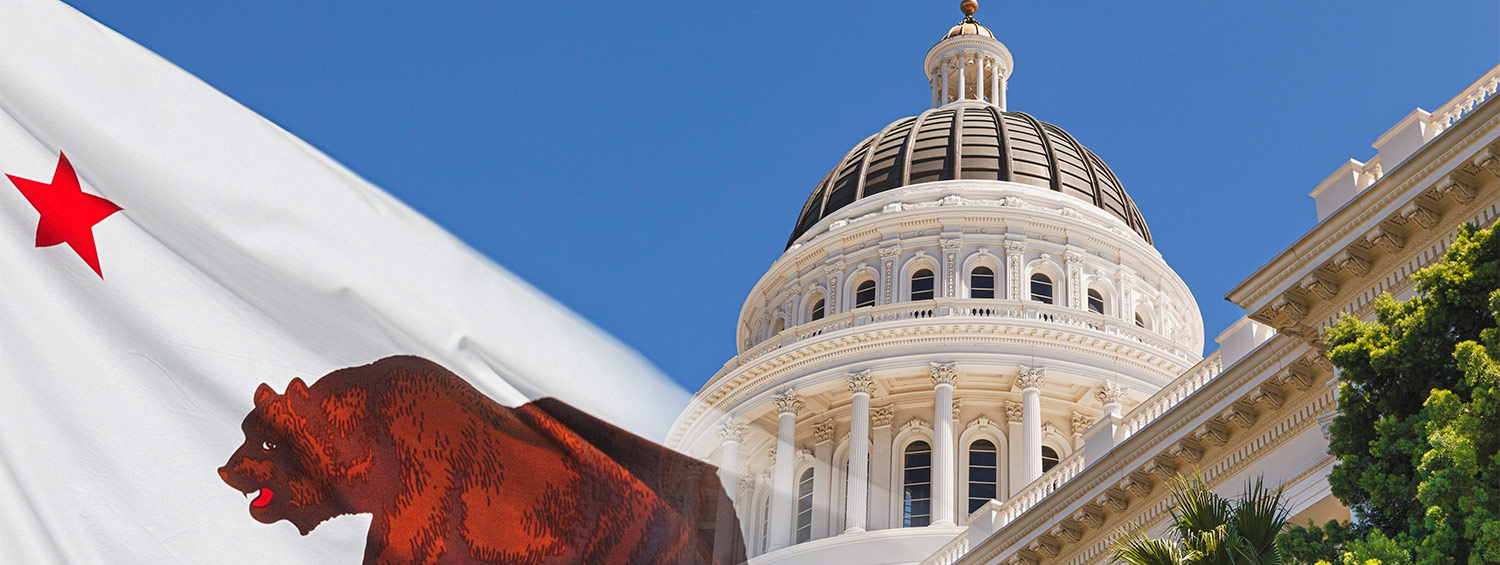
The CSBA-supported SB 126 (Leyva, D-Chino and O’Donnell, D-Long Beach) was introduced in January as a “spot bill,” with the language pertaining to charter schools added to the bill on. Feb. 14. The bill states that charter schools and entities managing charter schools are subject to:
- The Ralph M. Brown Act (or the Bagley-Keene Open Meeting Act, if the charter school is operated by an entity which is governed by that act)
- The California Public Records Act
- The Political Reform Act of 1974
- Government Code 1090
Additionally, SB 126 includes specific meeting location requirements for charter schools, depending on type (charters with multiple school sites, non-classroom-based charters, and management organizations with schools in one county and in multiple counties). The California Charter Schools Association has a neutral position on the bill.
The establishment of Gov. Newsom’s task force marks the first in-depth look at the financial impact of charter schools since the state’s original charter law passed in 1992. California currently has 1,275 charter schools, and a 1998 law bans districts from denying charter petitions for financial reasons.
The Governor’s task force follows in the footsteps of CSBA’s work on the issues of charter school oversight, transparency and accountability. CSBA has led research and advocacy on the impacts of charter schools for many years. In the last legislative session, CSBA supported Assembly Bill 406 (McCarty D-Sacramento), which banned for-profit charter schools in California. And most recently, former CSBA President Chris Ungar chaired CSBA’s Charter Schools Task Force, which released a 2018 report, “Uncharted Waters: Recommendations for Prioritizing Student Achievement and Effective Governance in California’s Charter Schools.” The report made several recommendations, among them that: Governing boards must be able to consider charter school impacts on local districts, quality student outcomes must be assured, the current charter petition and renewal model must be revised, and transparent governance must be achieved.” The full report is available on the CSBA website at www.csba.org/UnchartedWaters.
“Charter schools are here to stay, but the current law is nearly 30 years old, and it’s time for an update.” Ungar said, noting that CSBA’s task force included board members from both small and large districts across the state, including superintendents and a county board member.
A non-binding opinion published by the California Attorney General’s Office on Dec. 26, 2018, supports the idea that reform is needed. Largely reflecting arguments CSBA has made for a number of years, including those in its Charter Schools Task Force report, the Attorney General’s 23-page opinion assessed issues of transparency, accountability and conflict of interest. The AG’s conclusion was that — contrary to current practice — charter schools should have to comply with the same laws on these matters as other public schools. Those laws are the Brown Act, Political Reform Act, Public Records Act and Government Code 1090.
“CSBA has been pursuing legislation on this topic for many years — through two Governors who vetoed bills on their desks,” said Assistant Executive Director for Government Relations Dennis Meyers. “All along, CSBA felt these laws applied to charter schools as they are public schools, spending billions of dollars annually in taxpayer money.”